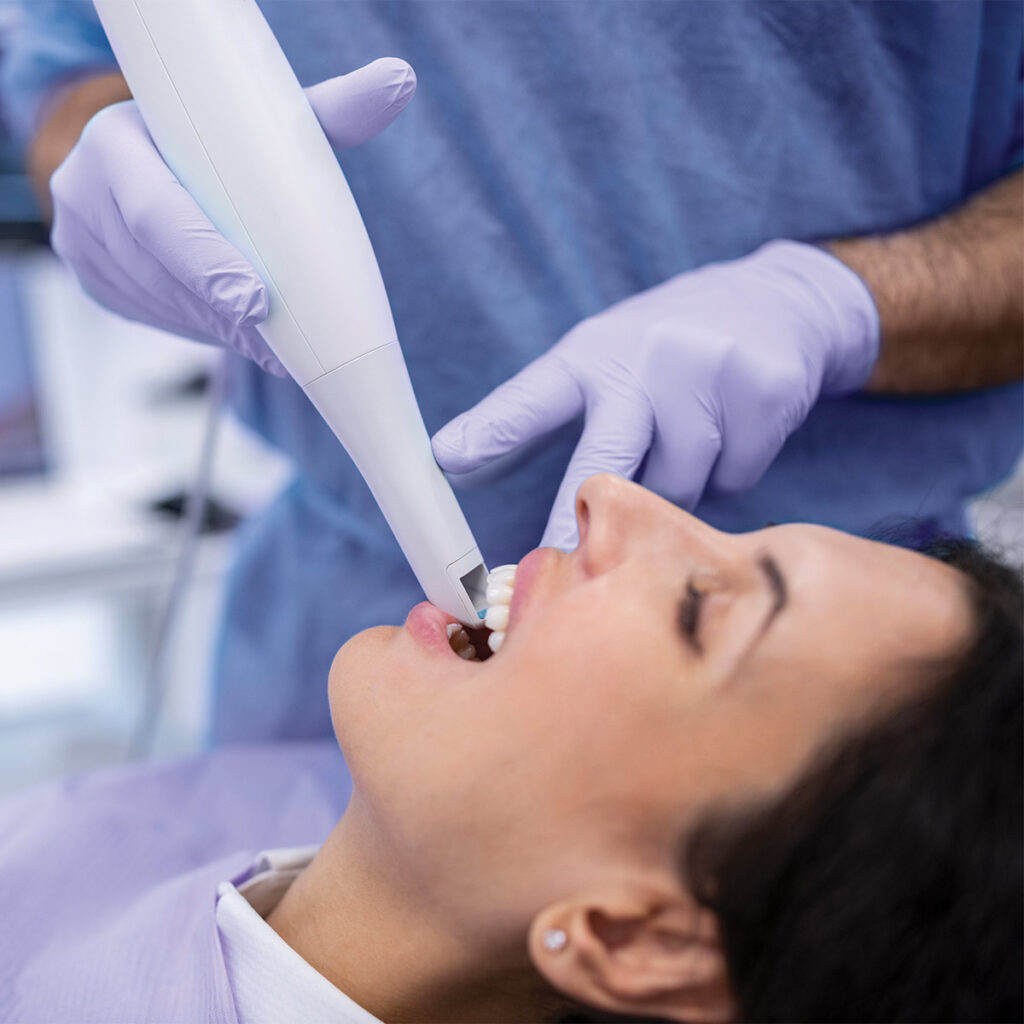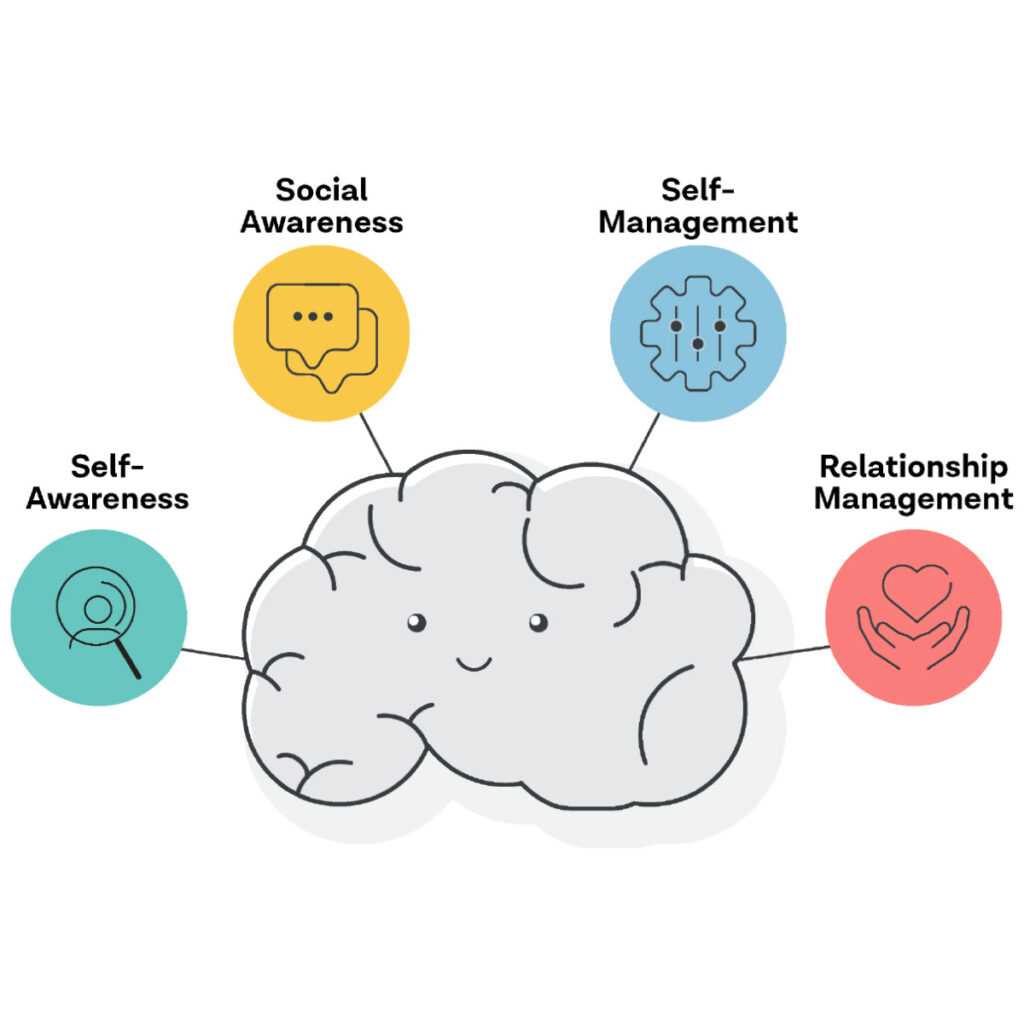Now reaching epidemic proportions in the developed world, insulin resistance can lead to more than just type 2 diabetes. Learn how to spot and reverse this dangerous culprit.
Insulin resistance can make it difficult to lose weight. The body, forced to do something with the excess glucose, inevitably chooses to deposit it in the gut in the form of fat.
By Julianne Hale
Insulin is knocking but it can’t come in.
At this very moment, your pancreas is working hard to create insulin in your body. While most people have heard the word, many are not familiar with what insulin is. A hormone, insulin plays a critical role in metabolism by helping the cells of the body absorb glucose (sugar) from the carbohydrates you eat and use it for energy.
Like a traveling salesman, insulin visits your body’s muscles and tissues, “knocking” on their doors. In a healthy body, the tissues respond by opening the door and letting the glucose in. “Insulin works like a key, unlocking glucose receptor cells in your muscles and tissues,” explains Brooke Green, a nurse practitioner and certified diabetes educator with Hamilton Physician Group in Dalton, Ga.
In someone with insulin resistance, though, the muscles and tissues don’t hear the knocking and never open up. The result is that your pancreas continues to produce insulin even though your body does not effectively use it. “If your cells don’t respond, the pancreas will compensate by producing more and more insulin,” says Green.
When No One Answers
As insulin’s knock goes unanswered time after time, excess glucose builds up in the bloodstream, putting you at risk of prediabetes, type 2 diabetes, and a host of other health problems, including heart disease and stroke. Essentially, the body becomes starved of energy even though the blood glucose levels are elevated.
If you are suffering from insulin resistance, weight loss is an important part of reversing it. In a tragically ironic twist of fate, however, the very condition that is causing the weight gain can make it difficult to lose weight. The body, forced to do something with the excess glucose, inevitably chooses to deposit it in the gut in the form of fat.
This is why, for many, addressing insulin resistance is a first step to successful weight loss. “The insulin hormone itself makes it difficult to lose weight, because it stimulates even more adipose tissue (body fat) and it becomes a vicious circle,” says Dr. Ana Cornea, an endocrinologist with Parkridge Medical Group’s Diagnostic Center. “But if you focus on lowering insulin levels too, you can counteract this process.”
A Test is Best
Lacking in tell-tale symptoms, insulin resistance can be difficult to pinpoint. A slow-moving, progressive disease, it can creep up on you and turn into type 2 diabetes before you even know you have it.
“Most often there are no symptoms at the beginning and the person is completely unaware,” says Green.
Dr. Greg Nieckula, a doctor of osteopathic medicine with Signal Mountain Health & Wellness, agrees. “There can be clinical manifestations of insulin resistance, but these are usually nonspecific. People may come in with fatigue, feeling cloudy headed, or certain skin rashes, but the definitive test is a fasting glucose test. Everyone should have this as part of their yearly wellness exam.”
One indicator of insulin resistance that you can keep an eye out for is weight gain. If you notice your waistline is growing, you might want to get tested.
“Often what’s even more important than being overweight is your waist circumference,” says Green. “Women with a waist circumference greater than 35 or men with a waist circumference greater than 40 have an increased risk for insulin resistance.”
If you think you may be at risk, don’t wait to take your health into your own hands and request insulin resistance testing from your doctor. In addition to a fasting glucose test, this may involve a fasting insulin test. Once you get the results of these tests, your doctor can use the Homeostasis Model Assessment (HOMA) index to
determine your insulin resistance status and help you decipher your results.
Diagnosing insulin resistance early gives patients a real chance to reverse the damage with a few changes in their habits.
Simple Lifestyle Changes
If you or someone you love is insulin resistant, simple lifestyle changes such as increased exercise, diet modification, and weight loss can have a significantly positive impact on blood sugar.
Increased Exercise
We all know that exercise is good for us but regular exercise can have a significant impact on the body’s reaction to insulin. During physical activity, your cells become more sensitive to insulin, making the muscles and tissue much more likely to let the glucose in. In addition, during exercise the cells remove glucose from the blood, which can reverse the impact of insulin resistance.
The addition of physical activity to your lifestyle can be one of the single greatest impacts on your insulin sensitivity. While adding just 30 minutes of moderate exercise a day can go a long way toward reversing insulin resistance and preventing type 2 diabetes, the best way to impact your insulin sensitivity through exercise is to combine aerobic activities, such as walking, swimming, and biking, with resistance or weight training on a regular basis. The addition of this type of exercise to your routine can improve your insulin sensitivity in as little as one week.
“You may be able to see minor results within weeks and major results within months, but the number one thing I tell my patients is the importance of just staying active,” says Dr. Nieckula. “Insulin resistance is tied to a whole host of other metabolic issues, so it’s better to focus less on results and more on exercise as a total life change.”
Diet Modifications
Fueling your body with a balanced, whole food diet can reduce or eliminate insulin resistance, preventing type 2 diabetes. No need to obsess; just make choices that include foods that are as close to their natural state as possible. Focus on adding lots of colorful, fresh fruits and vegetables to your plate at every meal, along with a protein and some whole grains.
“I highly advise a low-carb diet, increased intake of lean protein, lots of salads and veggies, absolute avoidance of sweet beverages, and very low intake of desserts,” says Dr. Cornea. “That’s very difficult, but we as a society need to learn that we don’t need dessert every day. It can be for parties and once a week.”
Steer clear of processed foods that are high in sugar or white flour and keep a safe distance from anything that contains high-fructose corn syrup. Antioxidants are also an important component of a healthy diet and can be found in the form of omega-3 fats in olive oil, soy products, cold water fish, nuts, seeds, and beans.
Weight Loss
Once you’ve added regular exercise and changed your eating habits, it’s likely that weight loss will follow. Take heed, it may be a slow process but even a small amount of weight loss can have a significant impact on your insulin sensitivity. The insulin notices the weight loss and knocks louder, making it harder for the tissues and muscles to ignore. This decreases the buildup of glucose in the blood, making the body work more effectively.
“Weight loss is the core of fixing the issue,” says Dr. Cornea. “It’s the number one way to improve insulin sensitivity.”
She explains even small changes can have a major impact on your insulin sensitivity. “I’ve seen people reverse their diabetes and be able to go off medications by losing 100 pounds, but even losing 10% of your body weight can normalize blood sugar, improve insulin sensitivity, and lower risk of cardiovascular disease,” she says.
However, if you’ve tried really hard to lose weight through diet and exercise but had no success, seek medical help. “Certain medications may be able to help achieve weight loss,” says Dr. Cornea. “Ten years ago, I used to tell people, ‘You HAVE to make this change yourself.’ Now I’ve learned that some people try and still can’t. For these patients, medications can really help.”
Learn More!
Two of the best places to learn more about insulin resistance and the prevention of diabetes are The National Institute of Diabetes and Digestive and Kidney Diseases (niddk.nih.gov) and The American Diabetes Association (diabetes.org). Make sure to see your doctor if you suspect you may have insulin resistance and ask for a test. Knowledge is power and, if you catch it early enough, you can prevent type 2 diabetes.




